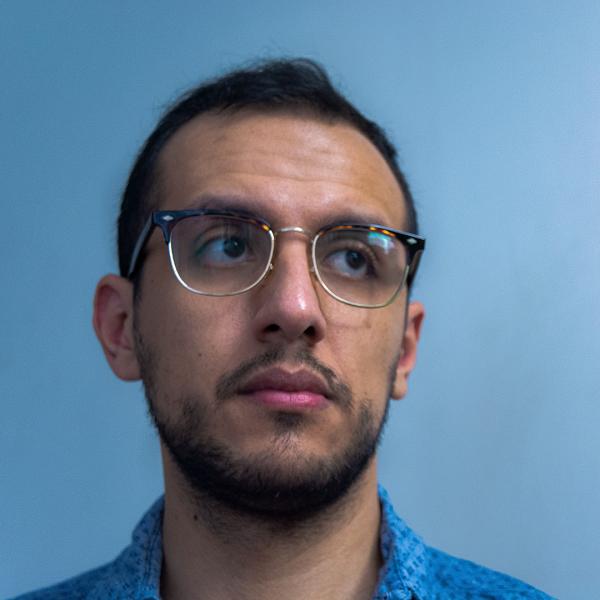
Felipe Tovar-Hanao's «Simulacra»
Program notes:
phase i: reflection
phase ii: masking/denaturing
phase iii: masking/absence
phase iv: simulacrum
In Simulacra and Simulation (1981), French sociologist Jean Baudrillard questions the extent to which contemporary Western culture and society can be said to be rooted in reality, as opposed to symbolically mediated simulations of it. These simulations or representations can be further differentiated according to the degree of detachment from their original, going from transparent copies, to counterfeit, to simulacrum — copies that precede their original, or have no original whatsoever. In «Simulacra», free reinterpretations of these ideas appear, where the duality of the original and its copies are found in the use of instruments and recordings of them, acoustic vs. electroacoustic sounds, real vs. simulated speech, or musical materials and their different instantiations. «Simulacra» was commissioned by the Chicago Center for Contemporary Composition at the University of Chicago.
Felipe Tovar-Hanao's «Simulacra» premiered on March 4, 2022 with the Grossman Ensemble.
